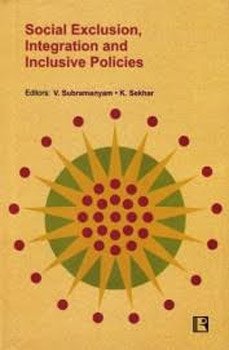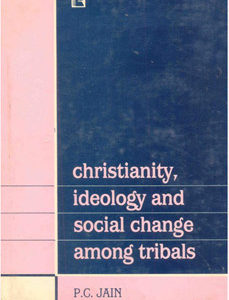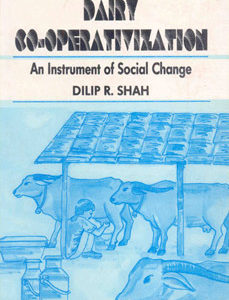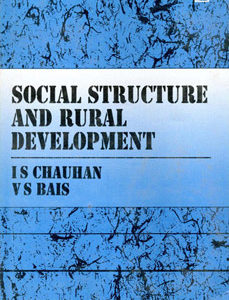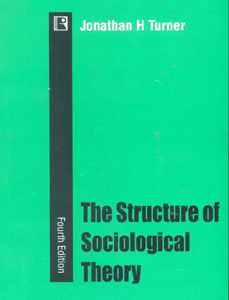SOCIAL EXCLUSION, INTEGRATION AND INCLUSIVE POLICIES
₹695.00 Original price was: ₹695.00.₹556.00Current price is: ₹556.00.
25 in stock
The concept of social exclusion since its exposition by Rene Lenoir in 1974 drew the attention of both policy makers and academia. Though exclusion has been embedded in the socio-historical processes of most societies, its scientific study began recently. It is a ubiquitous phenomenon affecting individuals, groups and communities adversely and negating the spirit of democracy, equality and agency. Given the complex character of Indian society, the process of social exclusion is more systemic and intense with its far-reaching ramifications. Numerous voluntary and governmental initiatives sought to facilitate the integration of excluded groups into the larger social matrix. The process gained momentum since independence and the governance for the past six decades has been according primacy to formulating inclusive policies with social justice as their fulcrum.
Of late, exhaustive scientific and incisive research has been carried out to conceptualize and contextualize social exclusion and embark on cutting-edge and interdisciplinary research on disadvantaged groups like Dalits, backward classes, religious and ethnic minorities, women, disabled and displaced.
This volume contains research papers presented at a workshop on ‘Social Exclusion and Inclusive Policy with Special Reference to Weaker Sections of India’, organized by the Centre for Study of Social Exclusion and Inclusive Policy, Andhra University. These contributions by researchers/academics are analytical and informative and relate to a range of themes concerning social exclusion, inclusive policies and integration. This book would not only serve in adding vital inputs to the existing corpus of knowledge in the area but also help formulate a policy characterized by equity and affirmative action. It, hopefully, would throw light on areas hitherto untouched and cater to the requirements of researchers and policy makers.
| Author's Name | |
|---|---|
| Binding | |
| Release Year | |
| Language | |
| Publisher |
Related products
Sociology
CHRISTIANITY, IDEOLOGY AND SOCIAL CHANGE AMONG TRIBALS: A Case Study of Bhils of Rajasthan
Sociology
Sociology
Sociology

